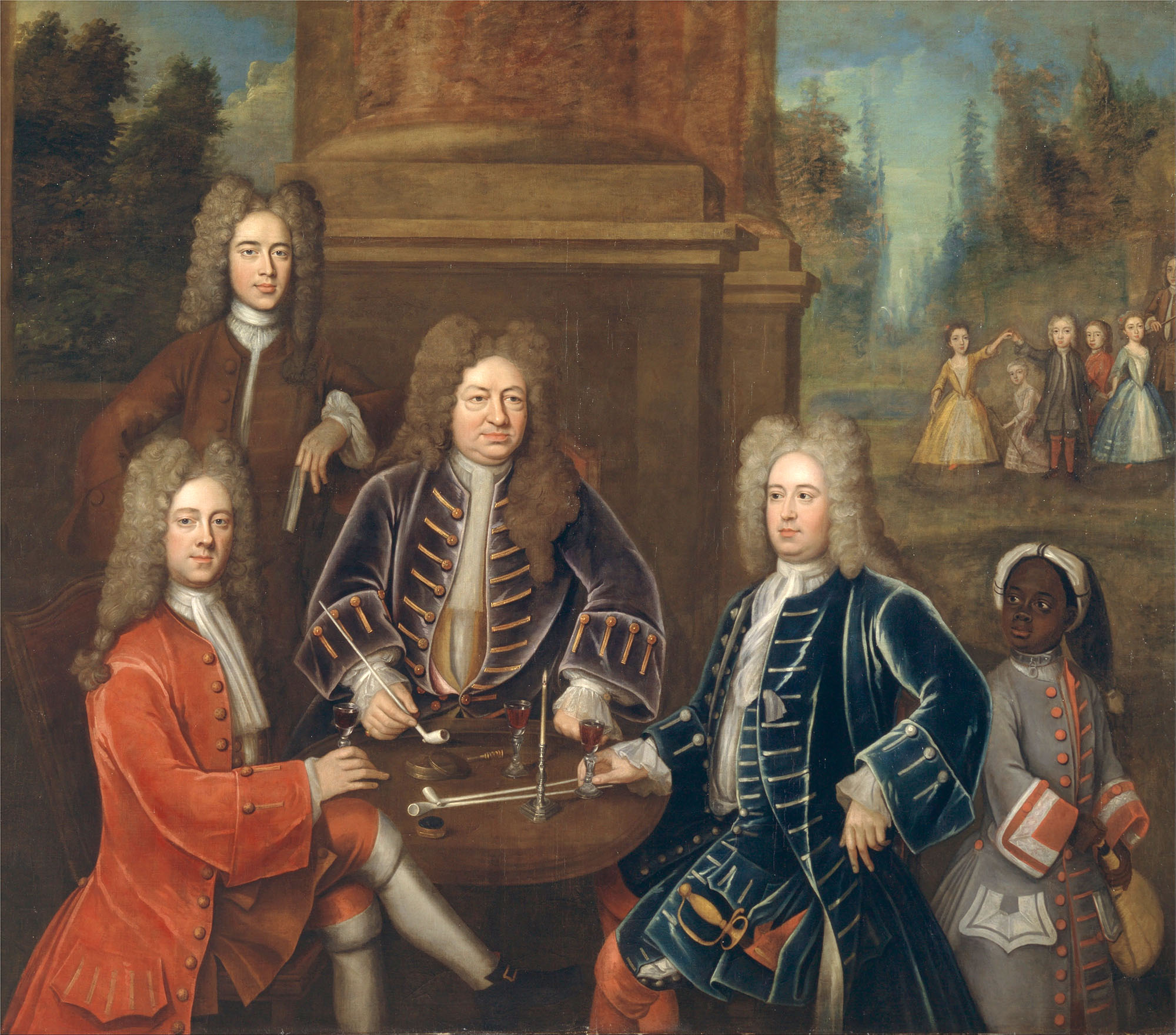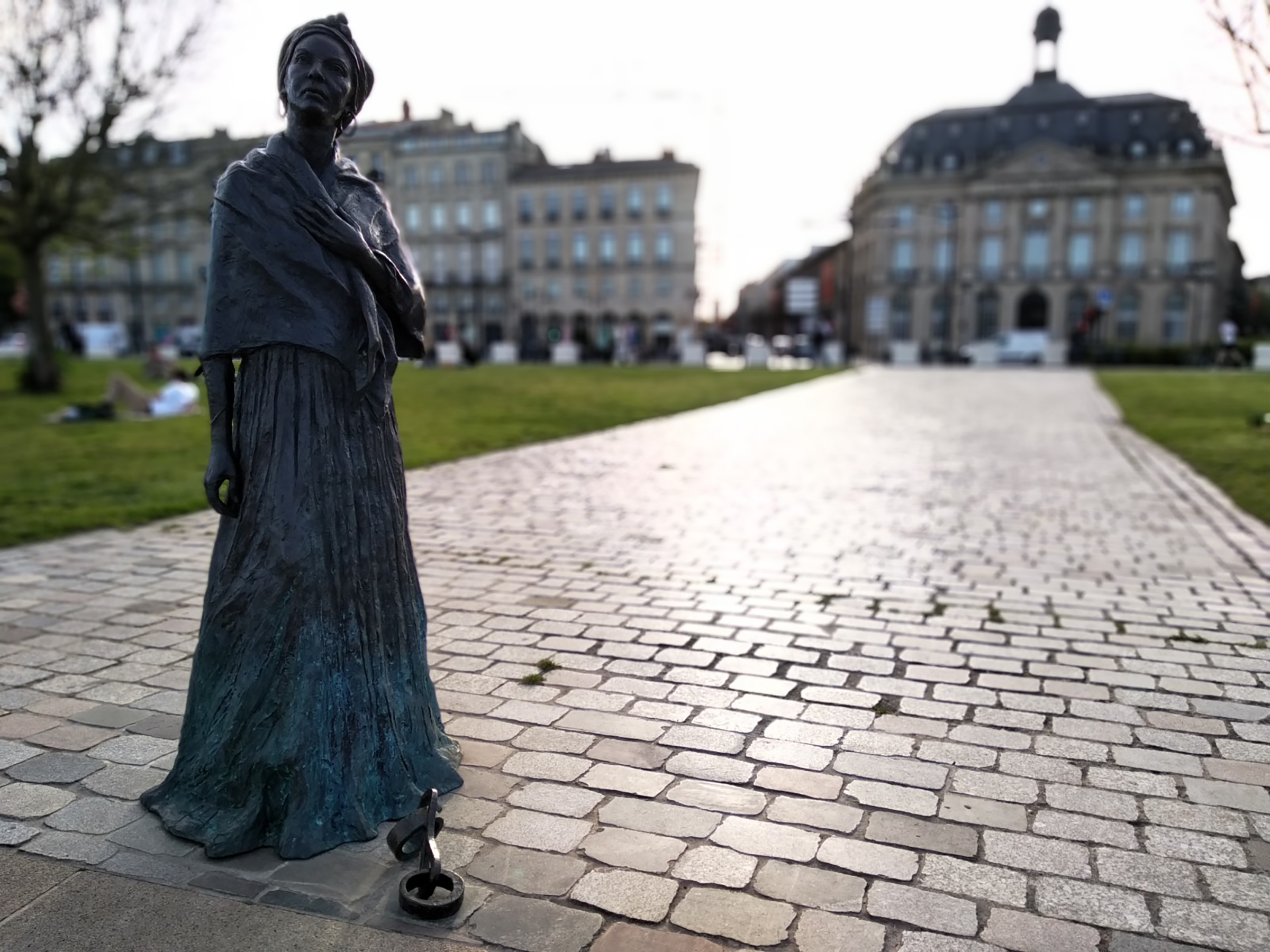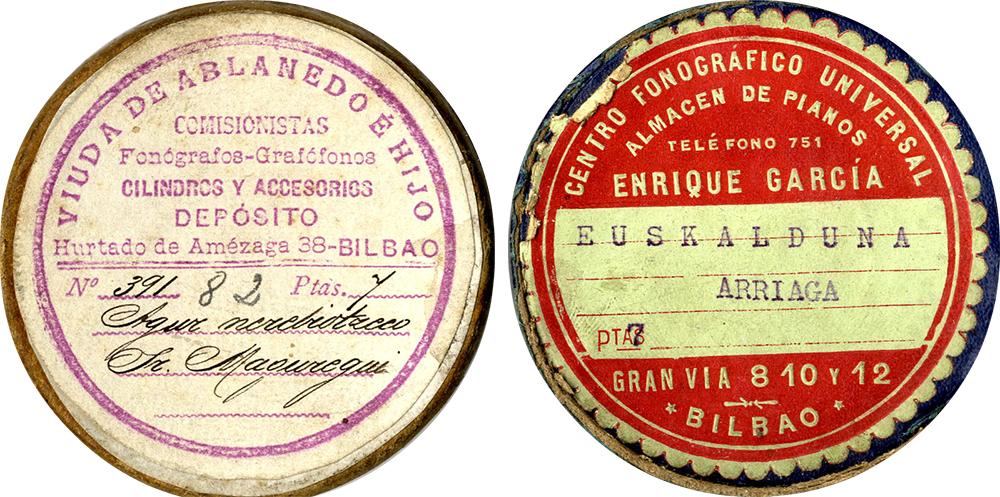The "confusing" businesses of capitalism
- In recent weeks we are experiencing the popular mobilization that has emerged in the United States following the death of a black person by the police. Following anti-racist demonstrations, the states dedicated to the characters that led to slavery and the trafficking of black people have been torn down. This Weekly devotes its latest issue and the Larrun supplement to this topic.

The business of trafficking in black people, in this case from Africa to the Caribbean, has also led to members of the Basque oligarchy. For example, the Ybarra de Neguri family has been a great beneficiary. Some members of this family maintained this business in the 19th century. It is curious to note that the internal communications mentioned the goods – slave trade – the “681 packages” and the “600 dirty wool basin”. To prevent the confiscation of the British war army, the slaves were thrown into the sea before reaching the port, and so they chose the strongest who would swim to the coast.
From that “business” also wrote Javier de Ibarra, from that saga, in chapters 5 and 6 of the book We the Ybarra (Gu, ibarratarrok), which concludes as follows: “And thus ended the penetration of ybarratarras into such turbulent businesses.” Was the selective slave trade in the Gulf of Guinea nothing more than “scrapped business”? Were the creation of weapons for the Franco army and its allies in the feud of the Ybarra, in the AHV blast furnaces, in 1936, also “mixed businesses”?
Capitalism has always been savage, anti-human, anti-social and even criminal. Even though today they want to dress in a more human face, this capitalism continues to attack and continue to attack by the same keys, seeking maximum performance. A system in which the objective always justifies resources.
From the Mountain of Navarre, thousands of people took to America in the 19th century to survive in grazing or other activities. Historian Raquel Idoate recovers in her thesis the history of some 4,000 of them: how the trip was made, how they were invested in, roles about... [+]
We are in the most industrialized territory of the Basque Country, the Left Margin of the Ibaizabal, or the Ría de Bilbao, if you will. Here the fireplaces had ordered it once. But to feed them, we used not only coal, but also the sweat of thousands of workers, and even more,... [+]
The epic is built on the lives of many men and knowing that makes society more mature.” The writer Bibiana Candia is right. In Azucre (Pepitas de Calabaza, 2021) we are told the tragedy of the enslaved Galician migrants of the 19th century, but that story would have been... [+]
Despite the black skin and curly hair, they remained invincible men, with the intelligence and resentment of human beings.” So he wrote about the slaves CRL James in the book Jakobino Beltzak, who masterfully narrates the Haitian revolution. So many brutalities, torture and... [+]
If you manage to escape the multitude of tourists and look from the Concha railing to the Donostia pier, perhaps the imagination will accompany you in the time when it was an intense marine commercial city, in which the soundtrack of the gulls will accompany you. Perhaps you are... [+]
Killingworth (Connecticut, USA), 1701. They founded Collegiate School. In 1716 the new school was transferred to New Haven and two years later, in 1718, it was named Yale, one of the most prestigious universities in the United States and the world.
Businessman Elihu Yale... [+]
Julian de Zulueta esklabista arabarraren inguruko erakusketa ikusgai dago LABE espazioan.






















